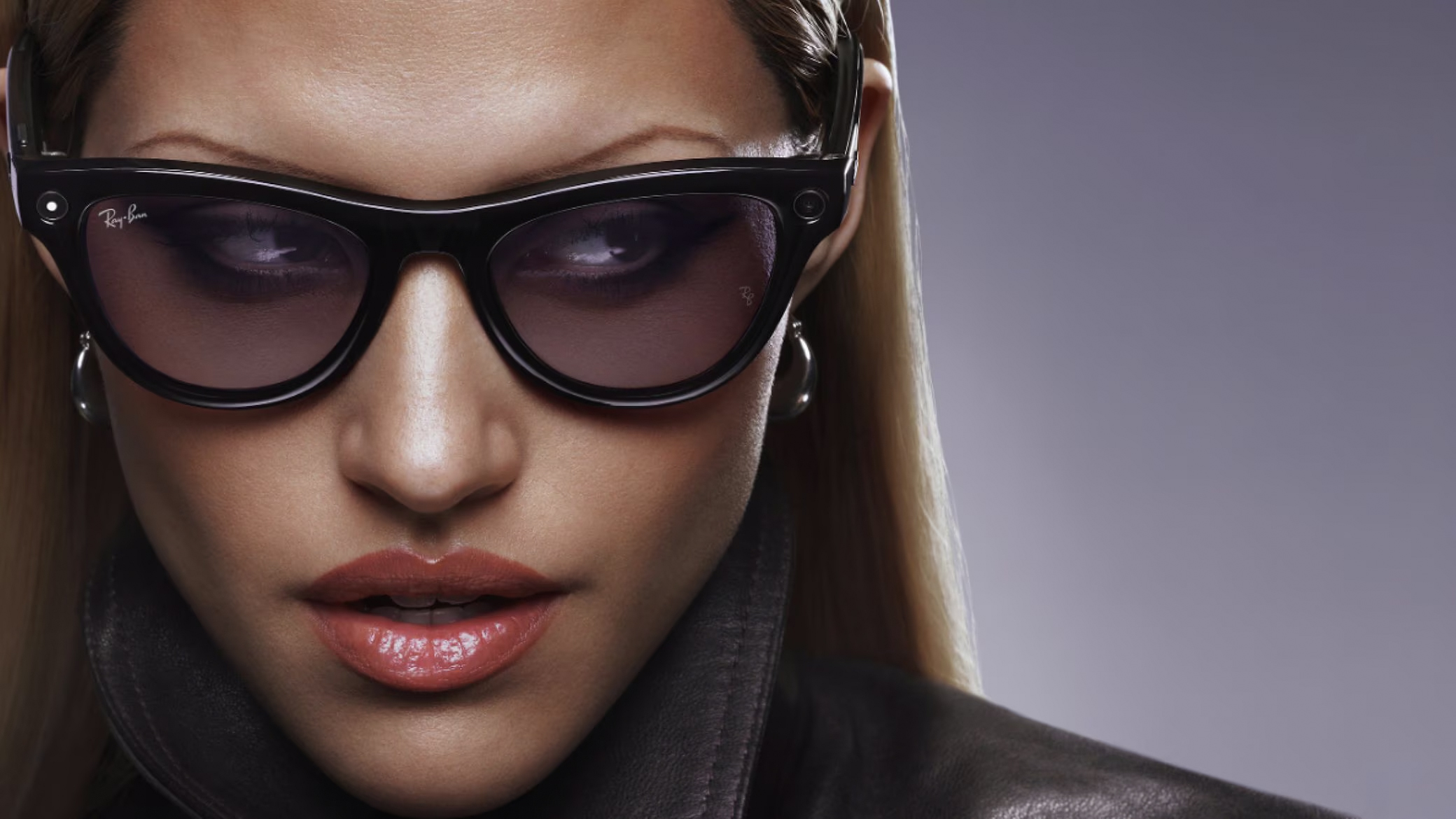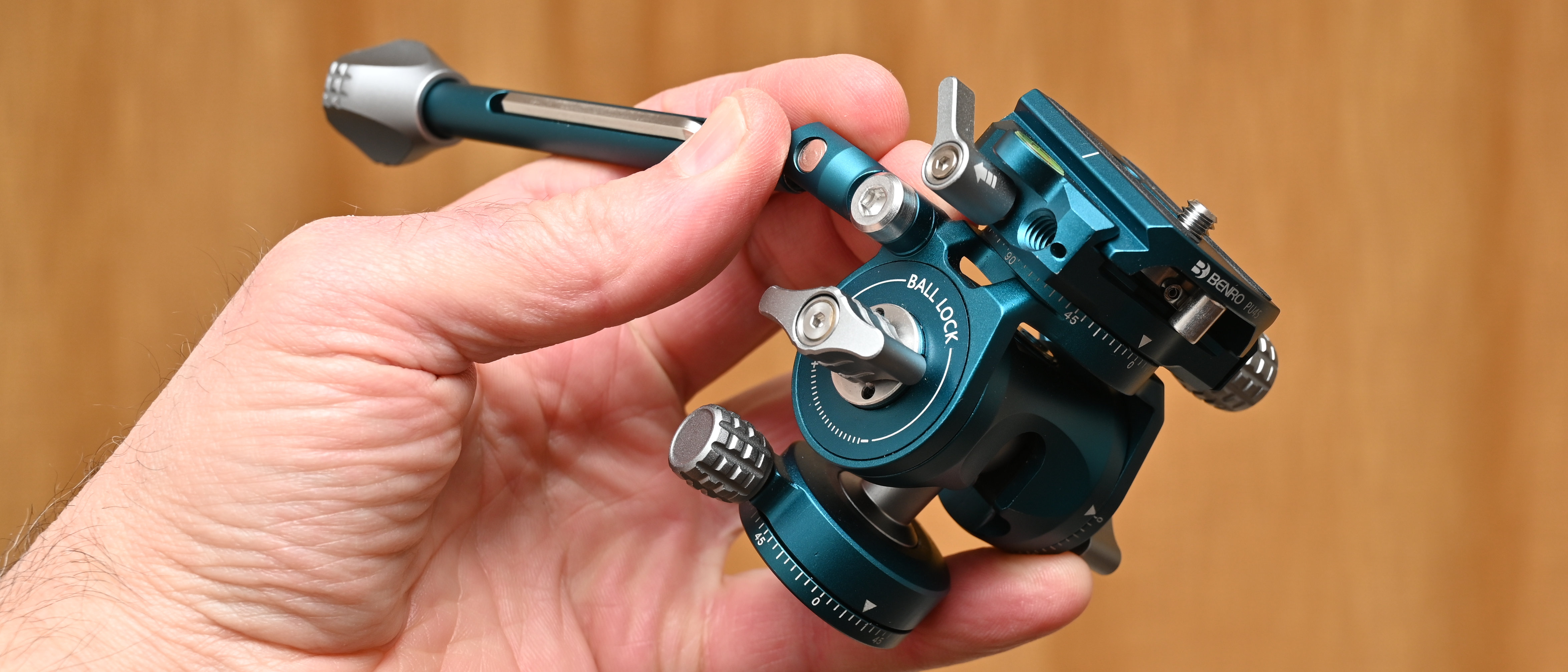Who is actually buying these Ray-Ban camera glasses?
I still don't understand who is buying those Ray-Ban camera glasses – especially now they've got Meta AI in them

Eight-year-old me would have loved a pair of Ray-Ban camera glasses. Being able to film or photograph everything I see, like the camera in a first-person videogame, sounds really cool.
Not to mention the ability to secretly take covert pictures like a spy. I could use the Ray-Ban camera glasses to sneak a peek at other people's answers on a school test, or capture evidence if I saw a crime, or conduct surveillance on shady characters like a private detective.
And therein lies the problem. Eight-year-old me would have coveted a pair of Ray-Ban camera glasses the same way he coveted those old rear-view spy glasses (with crude mirrored edges so you could see if anyone was sneaking up behind you).
But Call of Duty-style holiday videos and looking at other people's test answers aren't what 43-year-old me thinks people might use Ray-Ban camera glasses for. And that includes the people at Meta, given that AI is now present in them (and the fact that the app on your phone was notorious for always being on, even if you turned it off).
If all this is somehow new to you, back in 2020 Facebook announced the original iteration of Ray-Ban Stories – a pair of smart glasses equipped with dual cameras and speakers.

Fast-forward a couple of generations (and Facebook's name change) and we have today's Ray-Ban Meta, which now feature the integration of Meta AI. And it's all part of Mark Zuckerberg's vision (quite literally) for the metaverse.
So my question is, unless today's eight-year-olds have a lot more money than I did, who is actually buying these Ray-Ban camera glasses?
Get the Digital Camera World Newsletter
The best camera deals, reviews, product advice, and unmissable photography news, direct to your inbox!
Looking at the Ray-Ban Meta website, I see lots of images of hip 20-somethings with cool hair and edgy jewelry rocking these (admittedly sweet-looking) specs.
But when I look around my friendship groups, which includes some hip 20-somethings, nobody has a pair. None of them believe in the metaverse, and only a few of them own (or have even used) an Oculus or Meta Quest.
However, one thing they all share is a mistrust of AI. So the idea of wearing glasses that monitor your every move and are powered by AI feels like the kind of dystopian nightmare that science fiction writers have warned us about for decades.
So if anyone reading this owns, or knows anybody who owns, a pair of Ray-Ban camera glasses, I'd really love to know more – especially now that Ray-Ban's parent company owns a chunk of Nikon.
If you're more like 8-year-old me, you might be interested in the best camera glasses. If you're more like 43-year-old me, you may be more interested in the best hidden camera detectors.

James has 22 years experience as a journalist, serving as editor of Digital Camera World for 6 of them. He started working in the photography industry in 2014, product testing and shooting ad campaigns for Olympus, as well as clients like Aston Martin Racing, Elinchrom and L'Oréal. An Olympus / OM System, Canon and Hasselblad shooter, he has a wealth of knowledge on cameras of all makes – and he loves instant cameras, too.
